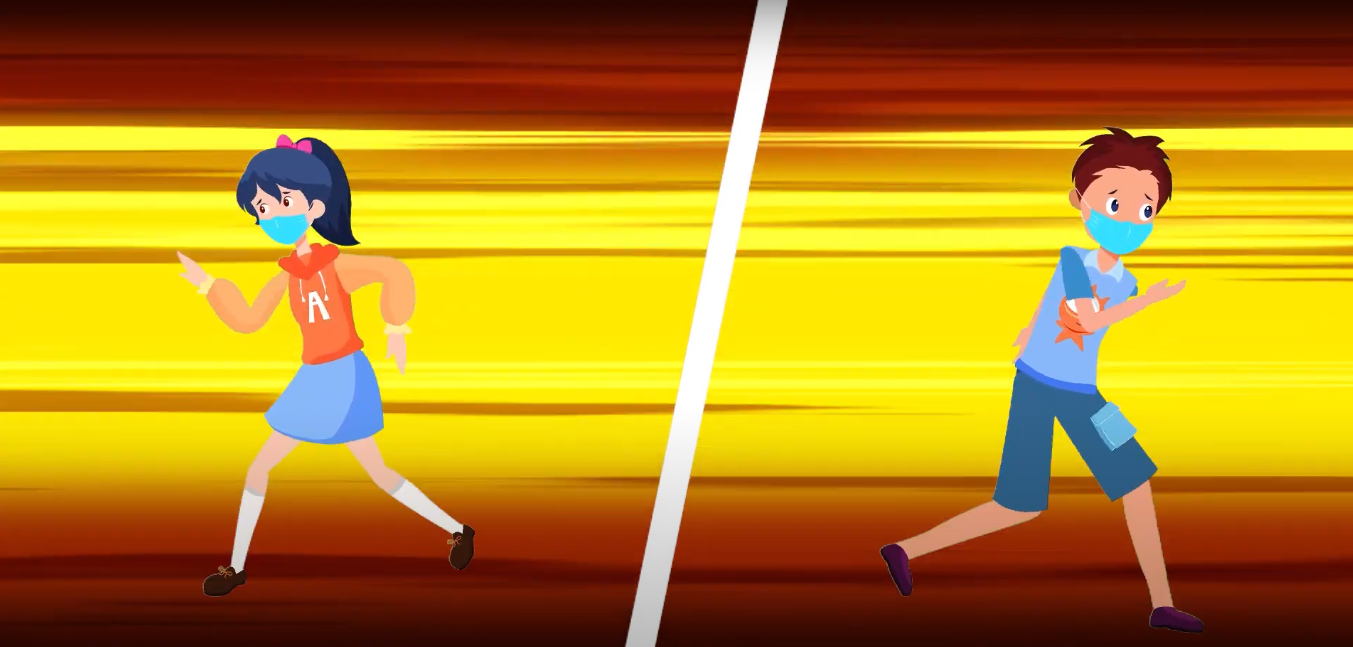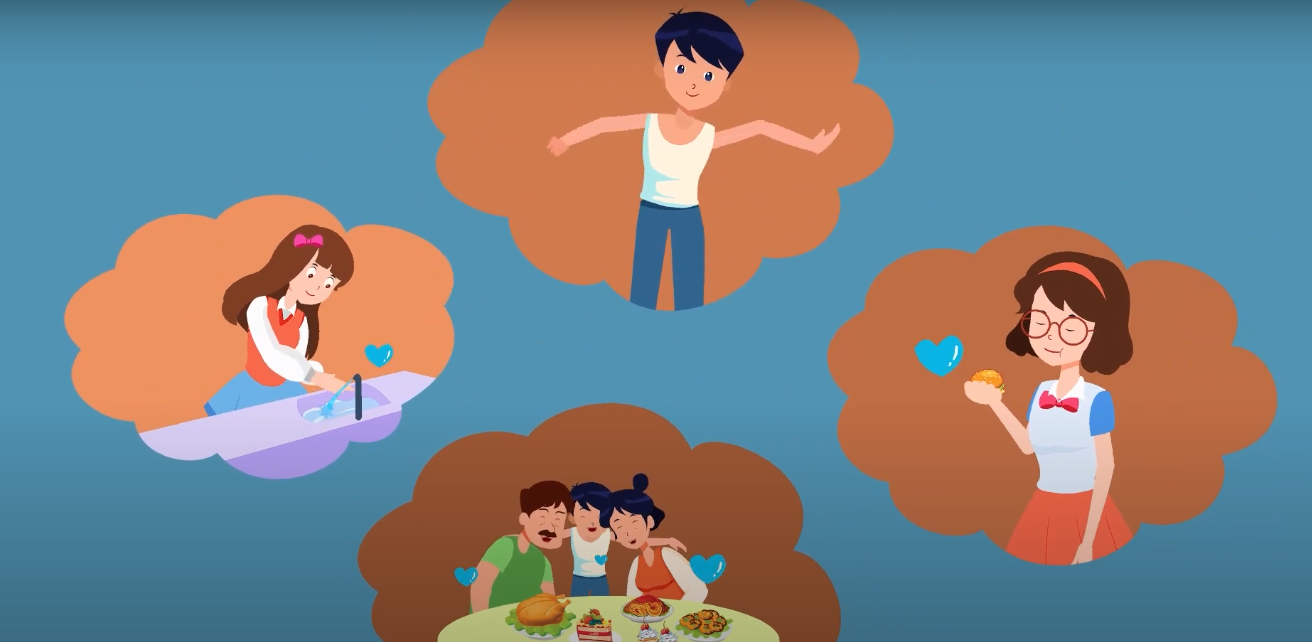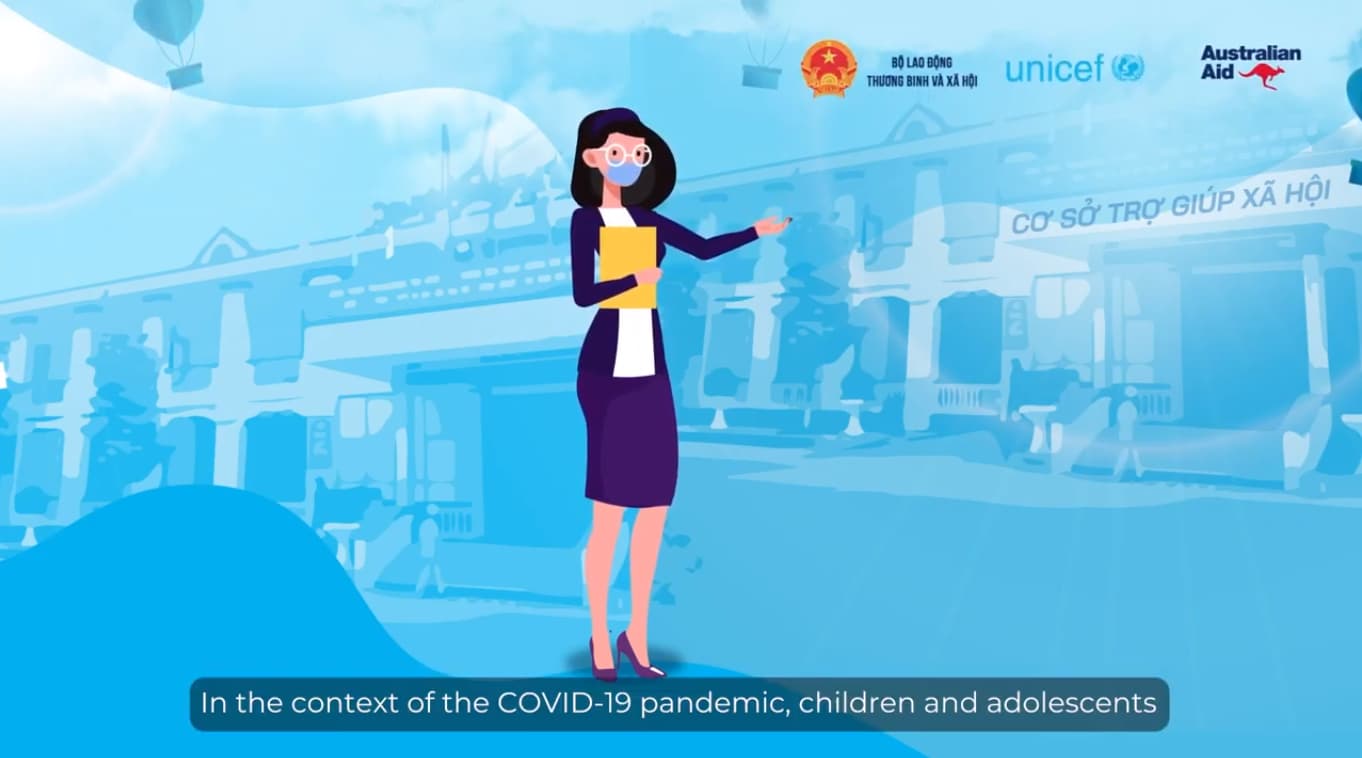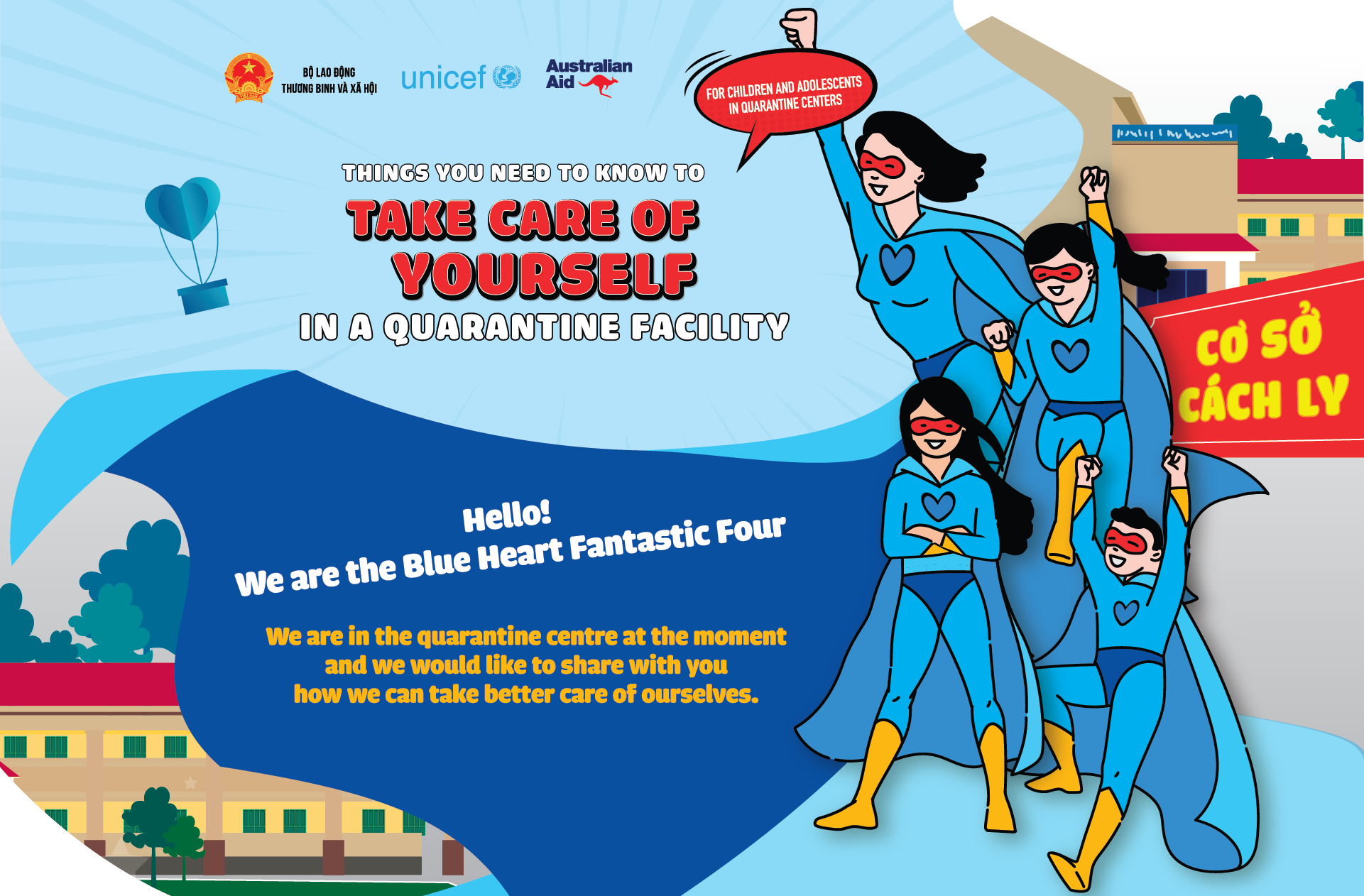|
In the context of an outbreak of COVID-19, children living in settings are often more at risk of infection. As a social worker, child caregiver, caregiver, and administrator at the social assistance facility, you are responsible for the safety and health of your child. To best support your children in the facility, you must know how to protect yourself, stay healthy and take care of your own physical, mental and psychosocial health. |
WHAT DOES CARE INCLUDE?
|
1. Reduce the risk of infection 3. Protect your mental health 4. Know what to do when sick. |
TO REDUCE THE RISK:
CLEANING TIPS
|
TIPS WHEN YOU WORK OUTSIDE:
|
| There is a lot of inaccurate information circulating in the community, especially on social media. Be sure to keep up with the latest COVID 19 information from reliable sources. |
TO PROTECT MENTAL HEALTH AND
YOUR SOCIAL PSYCH:
| IF YOU FEEL
Fatigue, laziness, agitation, anger, disorientation, irritability, impatience with children, confusion, sadness, anxiety, helplessness, extremism. |
| OR IF YOU SEE
Difficulty sleeping, loss of appetite, difficulty with daily housekeeping, difficulty taking care of yourself and children, lack of motivation, loneliness, persistent headache, muscle tension, lack of energy. YOU NEED TO KNOW All of these reactions are common, in this stressful and difficult situation, like the one you are in. Most of your concerns are probably those of your children and family members as well as those with indirect or direct infections. You take good care of yourself, you will be able to take care of your loved ones better. |
WHAT TO DO WHEN SICK:
|
Quarantine yourself and avoid all contact |
Do not go to work because it puts others at risk of infection |
Notify all people you have been in contact with in the last 20 days |
The main symptoms of COVID19 include fever, fatigue, and a dry cough. Some patients may experience pain, stuffy nose, runny nose and sore throat. These symptoms are usually mild and appear in several stages. Learn to recognize these symptoms at an early stage and monitor your health
If you suspect you are infected; or if you are healthy, but have traveled to cities / countries affected by the epidemic or have been in contact with a patient, immediately contact the Department of Health Hotline (1900 3228/1900 9095) for more information.







